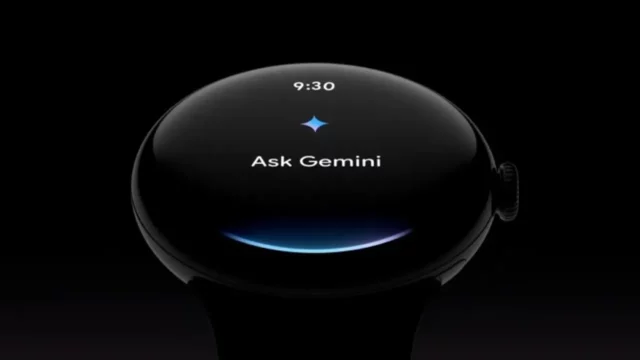Apple AI may soon take a bigger leap. Reports suggest the company is working on its own answer engine, a tool designed to respond directly to user questions. If true, Apple would be stepping into direct competition with Google, Microsoft, and OpenAI in the AI search space.
Apple AI aims to deliver direct answers

Instead of linking out to web pages, the rumored engine would surface concise, AI‑generated responses. That would align with Apple’s push for tighter integration across devices. Imagine asking Siri about a recipe or a fact and receiving a structured, conversational answer instantly. This AI could transform Siri from a passive voice tool into a true digital assistant.
Apple AI positions itself against rivals
Competitors already dominate the market. Google has Gemini, Microsoft pushes Copilot, and OpenAI runs ChatGPT. Apple’s approach would need to stand out. Its focus on privacy, hardware integration, and curated data might serve as differentiators. For Apple AI to succeed, it must balance accuracy with the trust the brand is known for.
How Apple might weave the engine into products
Analysts expect the engine to show up across multiple touchpoints. Beyond Siri, it could enhance:
- Spotlight search on iPhone and Mac
- Safari queries with AI summaries
- Apple Watch glanceable answers
- HomePod interactions for smart homes
This integration would allow Apple AI to reach millions without requiring a standalone app.
What the Apple AI project could mean for developers
If Apple does roll out the engine, developers may gain new APIs for embedding answer features inside their apps. That could mirror how widgets or Siri Shortcuts expanded iOS functionality. With the right tools, Apple AI could create a fresh layer of interaction for third‑party software.
A cautious but significant move
Apple tends to wait before entering new markets, then uses its ecosystem to leapfrog. If the answer engine exists, it may not debut immediately, but its arrival would mark a major moment. Apple AI wouldn’t just join the AI race; it could change how hundreds of millions interact with their devices. The question now isn’t whether Apple is late, but how it plans to redefine the game once it enters the market.














